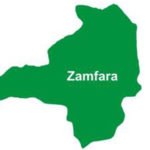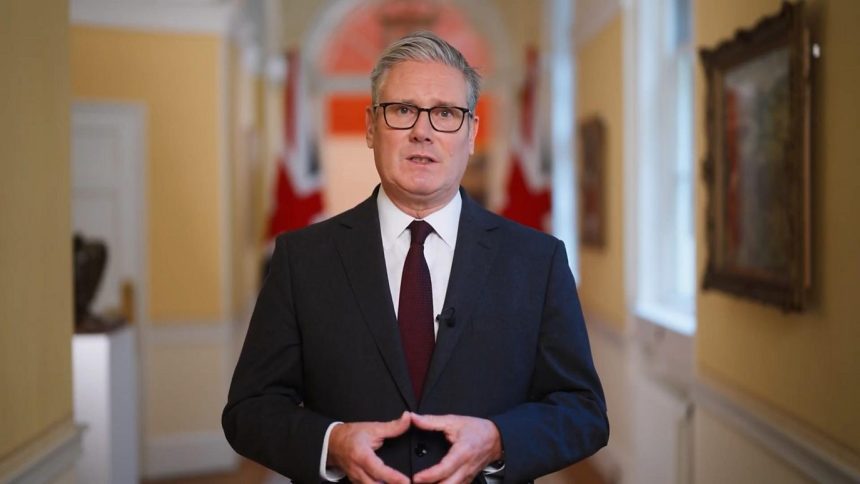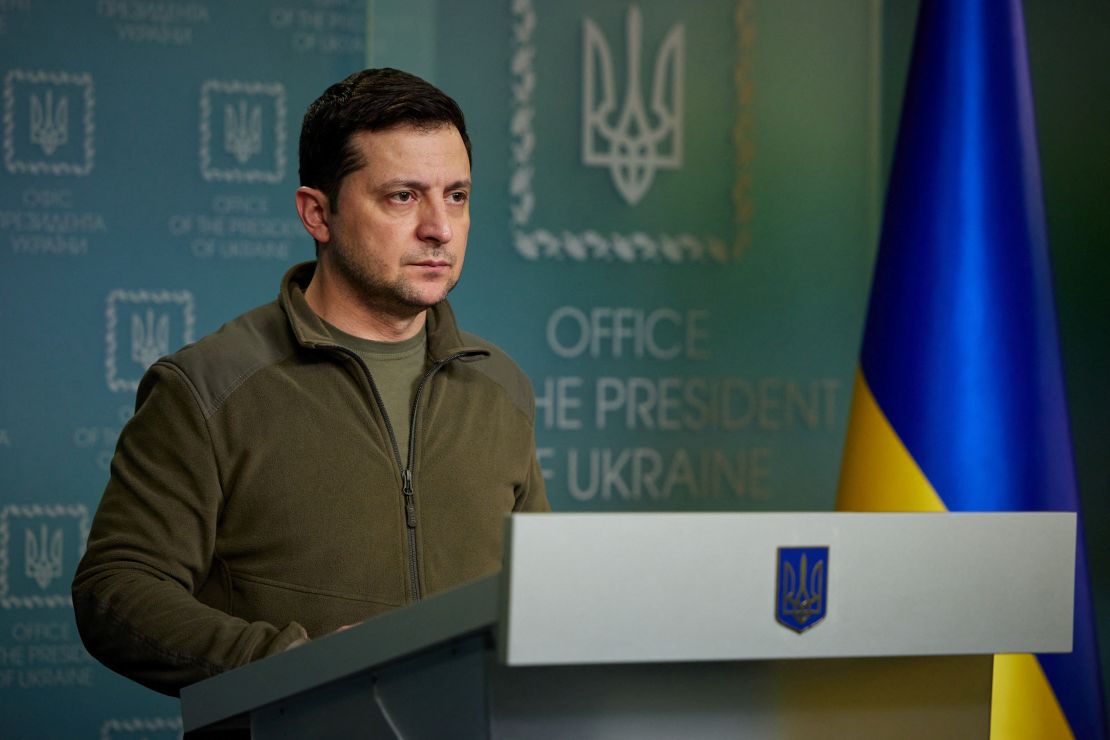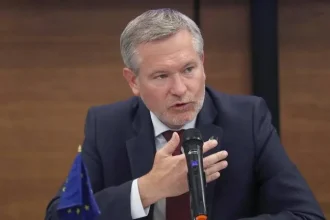Britain has told Israel not to respond with land grabs after it officially recognised a Palestinian state, in what marks one of the most dramatic foreign policy shifts in years.
Foreign Secretary Yvette Cooper said she had spoken directly to her Israeli counterpart, warning that annexing parts of the West Bank must not be an answer to the move.
“We have been clear that this decision that we are taking is about the best way to respect the security for Israel as well as the security for Palestinians,” Cooper told the BBC. “It’s about protecting peace and justice and crucially security for the Middle East and we will continue to work with everyone across the region in order to be able to do that.”
She added that extremists on both sides were trying to kill the hope of a two-state solution, but the UK had a duty not to “just walk away.” According to her, “Just as we recognise Israel, the state of Israel, so we must also recognise the rights for the Palestinians to a state of their own as well.”
The announcement was made on Sunday by Prime Minister Sir Keir Starmer, who declared that Britain, alongside Canada, Australia and Portugal, had now recognised a Palestinian state. “This is not a gift to Hamas,” he insisted. “This is a pledge to the Palestinian and Israeli people that there can be a better future.”
But Israel’s Prime Minister Benjamin Netanyahu called the decision “a huge reward to terrorism,” while government spokesperson David Mencer told BBC Radio 4 that “the Jewish community will never forgive Labour for this betrayal.”
The US also criticised the decision, describing it as a “diplomatic gift” to Hamas after its deadly 7 October 2023 attack on Israel that killed 1,200 people and left 251 kidnapped.
Cooper, however, stressed that Hamas would play no role in a future Palestinian government. The Foreign Office also confirmed that Britain would use the UN General Assembly this week to push for a framework for peace, while France, Belgium and Saudi Arabia are expected to join in calls for a two-state solution.
Palestinian Authority President Mahmoud Abbas welcomed the move, saying it would pave the way for “the state of Palestine to live side by side with the state of Israel in security, peace and good neighbourliness.”
Hamas described Britain’s step as “important” but said it must be backed by “practical measures” to stop the war in Gaza.
Not everyone in Britain’s politics was convinced. Conservative deputy chair Matt Vickers said the prime minister was “rewarding Hamas,” while Liberal Democrat leader Sir Ed Davey argued it was “only a first step” but vital to pressure Israel to end the war.
Nearly 65,000 people have been killed in Gaza since Israel’s offensive began almost two years ago, according to UN-backed figures, which also warn of famine in Gaza City. A UN inquiry last week accused Israel of genocide, a charge Netanyahu’s government dismissed as “based on Hamas lies.”
Despite the criticism, UK ministers said settlement expansion in the West Bank, widely seen as illegal under international law, left them with little choice but to act. Middle East Minister Hamish Falconer put it bluntly: “The time is right now because a two-state solution is under peril like never before.”











